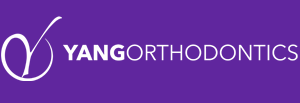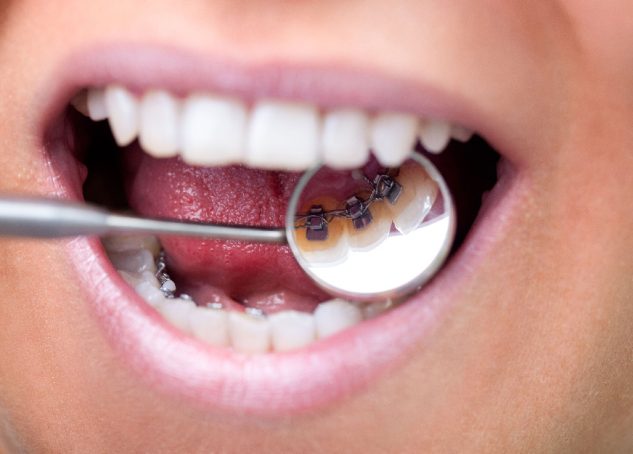At Yang Orthodontics, we want to guide you through your smile journey, every step of the way. Here are a few tools, tips and tricks to make your adjustment period more convenient and comfortable.
The Essentials
- Orthodontic wax – dry the problem area as much as possible and apply a pea-sized piece of wax to the wire/bracket. Wax is edible/safe to eat, so don’t worry if you accidentally swallow some.
- Toothbrush (electric recommended) and floss – the lingual braces we provide at Yang Orthodontics allow you to floss and brush as usual. Be sure to keep up with your daily oral hygiene routine!
- Water Flosser and/or interdental brushes – sometimes food can get stuck in the wire behind the teeth. We recommend a water flosser or interdental flossers for easy and fast spot cleaning. Please note that water flossers do not supplement regular flossing. It is used in addition to standard floss.
What to do for the next few days
- Drink A LOT of water – twice as much as you normally would.
- If you’re feeling tender or sore, over-the-counter pain relievers such as acetaminophen or ibuprofen will help. Follow the manufacturer’s instructions.
- Add orthodontic wax to any areas you notice your tongue rubbing and getting sensitive during your adjustment. Your mouth will eventually adjust and you will not need the wax.
- Eat soft foods for about 3 days until you feel comfortable.
- Talk a lot and sing a bit. Practice speaking out loud to help your tongue adjust and improve your speech & pronunciation. Read the Rainbow Passage every day for even quicker adjustment.
- Be mindful of your bite. You may find yourself biting different areas than usual because of the new device in your mouth. Dr. Yang might place something called Bite Turbos (cushions to keep the teeth from touching) in your mouth to help correct the bite.
What not to do
- Try to hold back from using your tongue to play with the wire and brackets. We know this can be difficult and are aware of the curiosity of something new in your mouth, but try your best. Tongue thrusting can cause irritation.
- Wax is very helpful at the start, but don’t overuse it. The tongue is strong, flexible and resilient. Use wax as seldom as possible to let your tongue get used to the new system. The faster you get used to it, the more comfortable you will feel.
- Avoid hard or chewy foods to help protect the braces and prevent accidental debonding.
To help with the adjustment period
- Rinse with warm salt water to help the healing process.
- Use orthodontic wax sparingly on parts of your wire/brackets that may be rubbing.
- Take over-the-counter pain relievers like acetaminophen or ibuprofen.
- Drink plenty of water to stay hydrated to help avoid dry mouth and keep your tongue lubricated.
- Use an interdental brush or air/water flosser in addition to your regular brushing and flossing routine. Brush and floss like you normally would.
- Speak aloud and sing as much as you can, focusing on your pronunciation. Recite the Rainbow Passage as often as you like.
If you feel discomfort, a bracket breaks, or the wire moves…
Let us know as soon as possible. Depending on the situation, you may need to come in for a comfort visit. Otherwise, we can fix it at your next appointment. In the meantime, immediate relief from wires may be solved by moving them back into place with tweezers. Areas of irritation can be covered with wax. Loose brackets still attached to the wire should be left in place. If a bracket comes out completely, bring it with you to your next appointment. For more information, please visit our Problems and Solutions page.
To schedule an appointment, please call or text 215-757-0864 or email us at [email protected]. Feel free to contact us with any questions or concerns.

